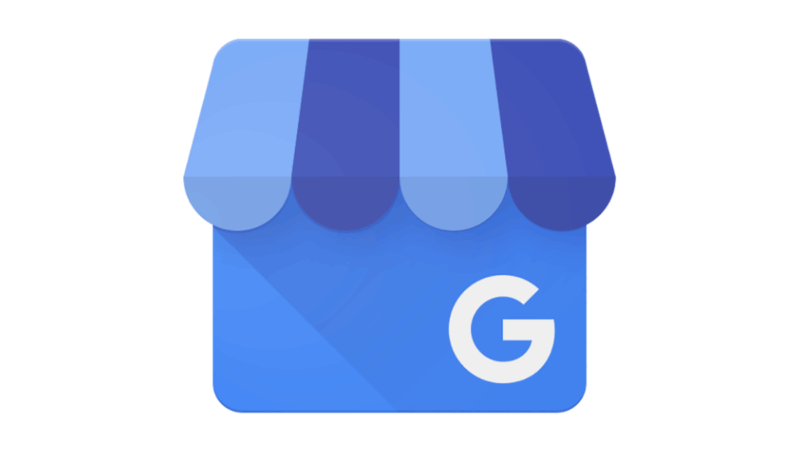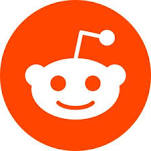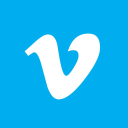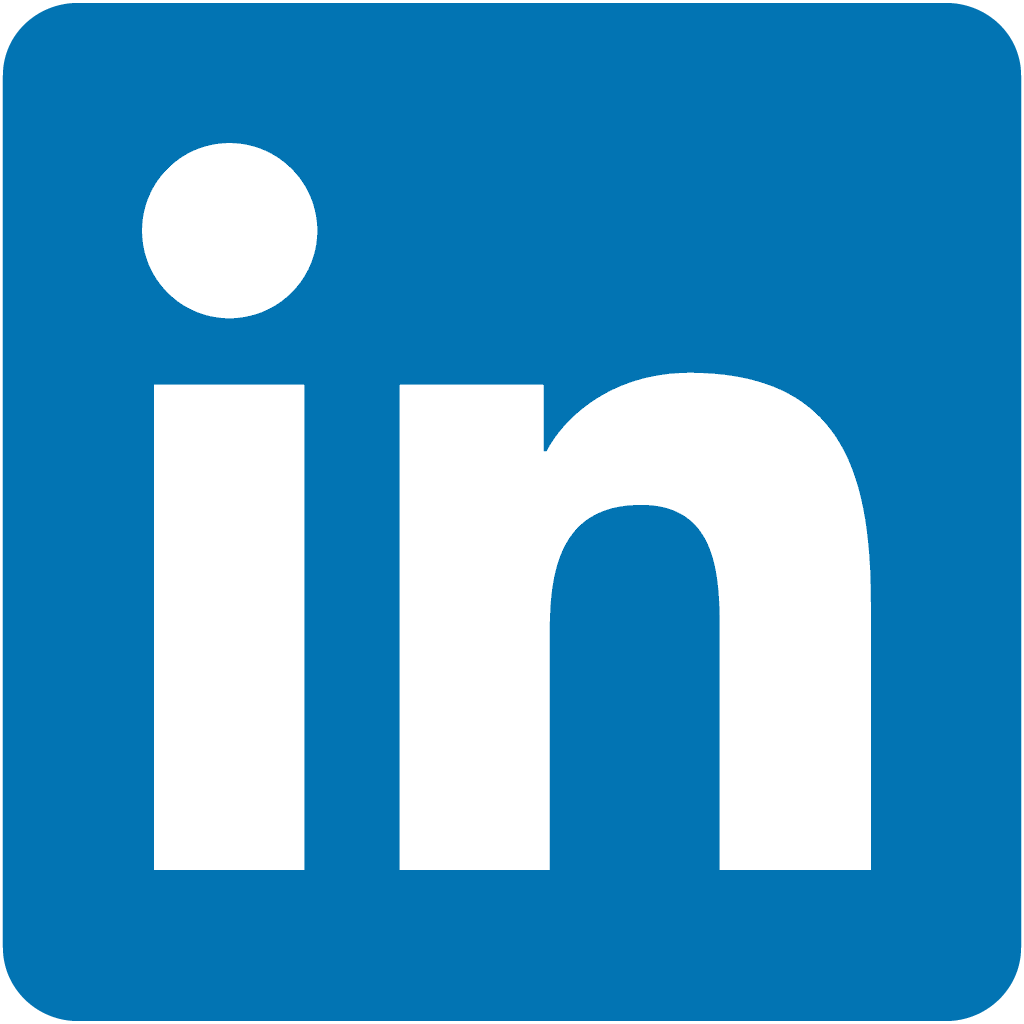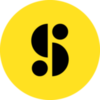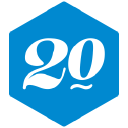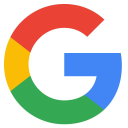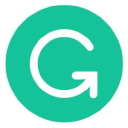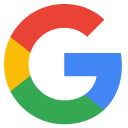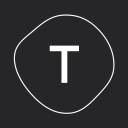On How Doing One Music Video Turned Into A Video Production Business
Hello! I ́m Alfonsina Sterling, co-founder at Indie Oven, a small video production studio based in Buenos Aires, where we create video content for different platforms. We are a small team of two 24/7, bringing up colleagues to help us with bigger projects and my main roles are Video Editing and Production.
We do Video Production from start to finish - going from the idea to the final video edited. And today Video Editing and Post Production are the most demanded.
We started offering general video services and with time started to productize them. In the beginning, we weren't aware of it but we started to discover different alternatives to offer our services in packs so people could combine them as needed.

What's your backstory and how did you get into entrepreneurship?
After finishing college I found myself with this

Download the report and join our email newsletter packed with business ideas and money-making opportunities, backed by real-life case studies.

Download the report and join our email newsletter packed with business ideas and money-making opportunities, backed by real-life case studies.

Download the report and join our email newsletter packed with business ideas and money-making opportunities, backed by real-life case studies.

Download the report and join our email newsletter packed with business ideas and money-making opportunities, backed by real-life case studies.

Download the report and join our email newsletter packed with business ideas and money-making opportunities, backed by real-life case studies.

Download the report and join our email newsletter packed with business ideas and money-making opportunities, backed by real-life case studies.

Download the report and join our email newsletter packed with business ideas and money-making opportunities, backed by real-life case studies.

Download the report and join our email newsletter packed with business ideas and money-making opportunities, backed by real-life case studies.





